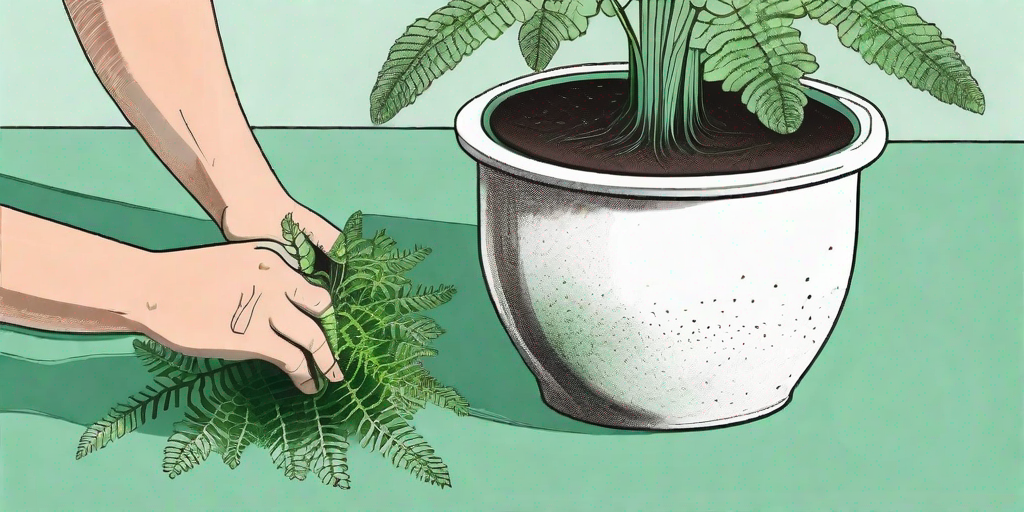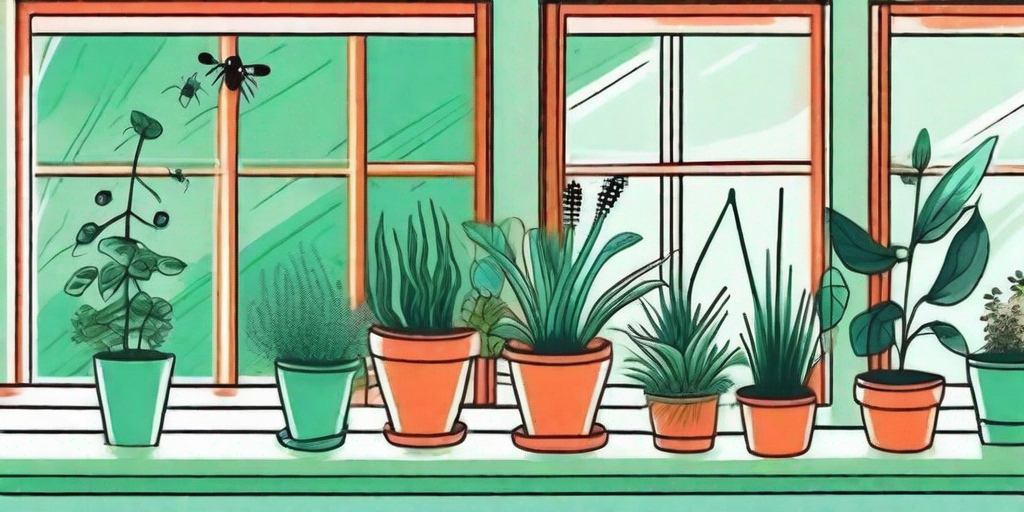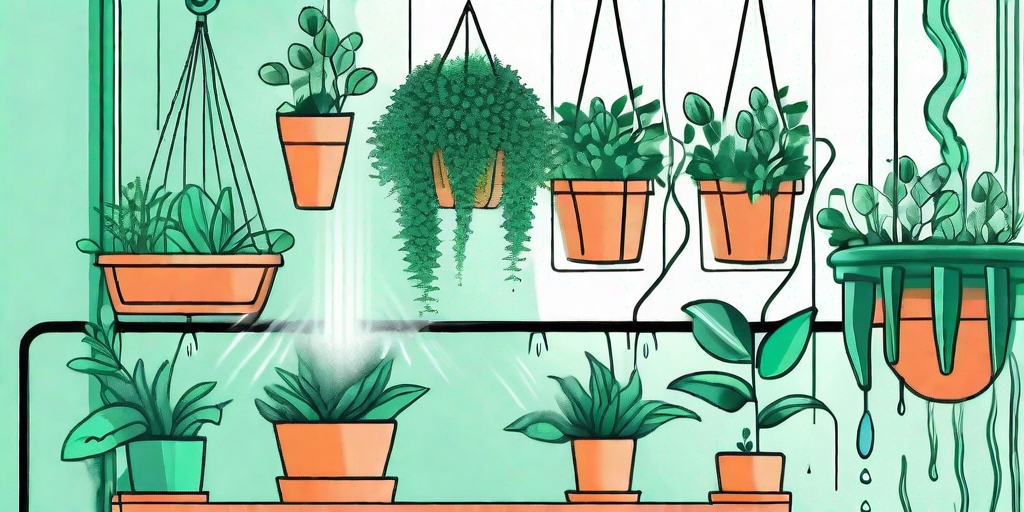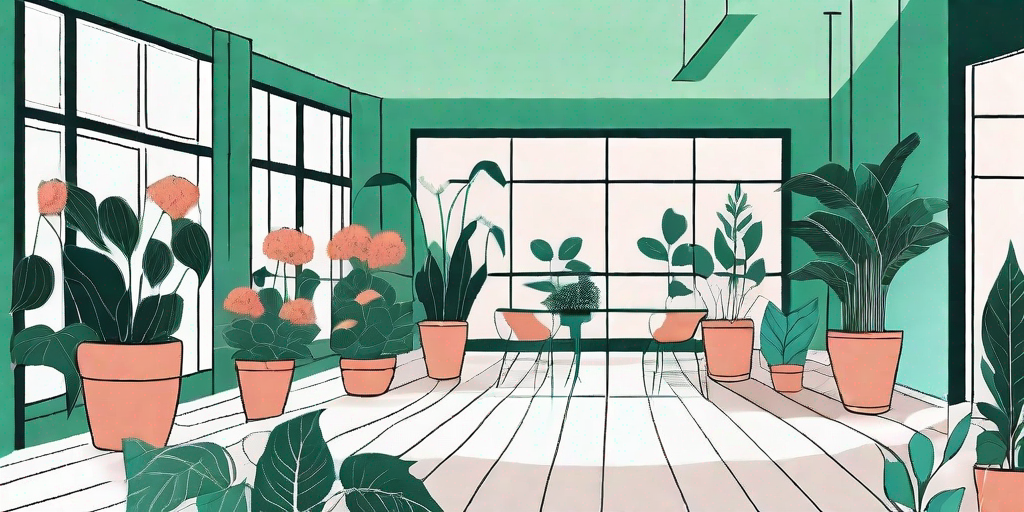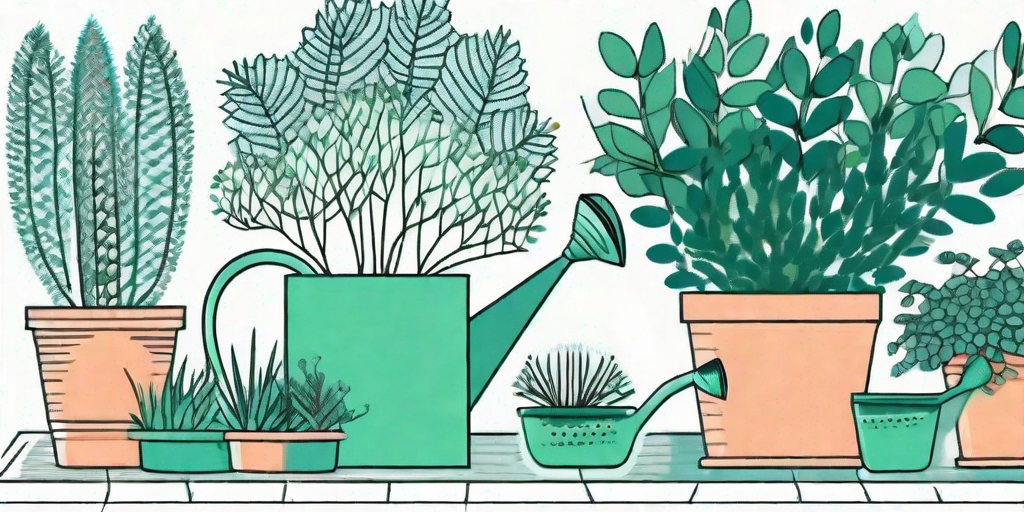
If you're the proud owner of a rabbit's foot fern, you might have noticed that this delightful plant can be a little bit... well, dramatic. One day it's flourishing, the next it's looking as if it's auditioning for a role in a tragic Shakespearean play. But fear not, dear plant parent, for this guide will help you navigate the highs and lows of repotting your fern, ensuring it bounces back to its vibrant self in no time.
Understanding Your Rabbit's Foot Fern
Before we delve into the nitty-gritty of repotting, it's important to understand what makes your rabbit's foot fern tick. This plant, also known as Davallia fejeensis, is a bit of a diva. It loves humidity, despises direct sunlight, and has a penchant for drama. But don't let its theatrics deter you. With the right care, your fern can thrive and become the star of your indoor garden.
One of the unique features of the rabbit's foot fern is its furry rhizomes. These 'rabbit's feet' are not just for show - they're crucial for the plant's survival, acting as storage units for water and nutrients. So, if your fern is looking a little worse for wear, it might be time to consider repotting.
When to Repot Your Rabbit's Foot Fern
Knowing when to repot is half the battle. Your fern will typically need repotting every two to three years, but there are some telltale signs to look out for. If your plant's growth has slowed down, or if the roots are poking out of the drainage holes, it's time to roll up your sleeves and get to work.
However, timing is everything. The best time to repot is during the growing season, typically in the spring or early summer. This gives your fern plenty of time to settle into its new home before the slower growth period in the winter.
How to Repot Your Rabbit's Foot Fern
Step 1: Gather Your Materials
Before you start, make sure you have everything you need. This includes a new pot (one size larger than the current one), fresh potting mix, a pair of sharp scissors, and a sense of humor. Trust us, you'll need it.
Step 2: Remove the Fern from its Current Pot
This can be a bit tricky, especially if your fern has become root-bound. If the plant is stubbornly clinging to its pot, try gently squeezing the sides of the pot to loosen the roots. Remember, patience is key. You're dealing with a drama queen, after all.
Step 3: Trim the Roots and Rhizomes
Once you've successfully evicted your fern from its pot, it's time to give it a little trim. Don't be afraid to cut back the roots and rhizomes. This will encourage new growth and make it easier for the plant to adjust to its new pot.
Step 4: Repot the Fern
Place some fresh potting mix in the bottom of the new pot, then position your fern in the center. Fill in around the plant with more potting mix, pressing down lightly to remove any air pockets. And voila! You've successfully repotted your rabbit's foot fern.
Post-Repotting Care
After repotting, your fern will need a little TLC. Keep it out of direct sunlight and make sure it's getting plenty of humidity. You might notice some wilting or yellowing leaves, but don't panic. This is just your fern's way of throwing a post-repotting tantrum. With a little patience and care, it will bounce back in no time.
Remember to water your fern regularly, but avoid overwatering. The top inch of soil should be dry before you water again. And don't forget to feed your fern with a balanced houseplant fertilizer every month during the growing season.
Frequently Asked Questions
Why is my rabbit's foot fern turning yellow?
Yellowing leaves can be a sign of overwatering or a lack of humidity. Try adjusting your watering schedule and increasing the humidity around your fern.
Can I trim the 'rabbit's feet'?
Yes, you can trim the rhizomes if they become too long. However, be careful not to cut them back too much, as they are crucial for the plant's survival.
Why is my fern not growing?
If your fern's growth has slowed down, it might be time to repot. Alternatively, it could be a sign that your fern is not getting enough light or humidity.
In Conclusion
Repotting your rabbit's foot fern might seem like a daunting task, but with a little patience and a sense of humor, you can help your plant thrive. Remember, every plant parent experiences setbacks. But the joy of watching your fern flourish in its new pot will make all the drama worthwhile.
So, roll up your sleeves, gather your materials, and get ready to dive into the world of repotting. Your rabbit's foot fern is counting on you!



